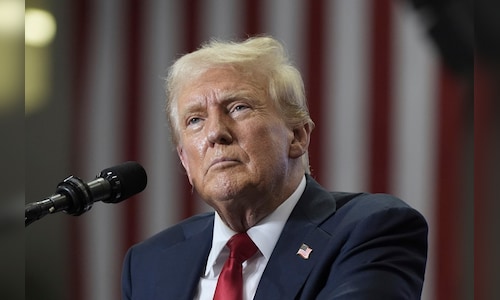“Unrestricted globalization has increasingly led to vulnerabilities in single-source supply chains,” David Perdue, who took office last month, shared during a dinner in Washington on Thursday.
“We have all seen how our businesses have become excessively reliant on China for components, inputs, intermediate goods, and complete supply chains,” he remarked, adding that American leaders had been “blind to the erosion of numerous US strategic industries.”
This viewpoint resonates with European Commission President Ursula von der Leyen’s recent comments at the Group of Seven meeting, where she described the world as facing a new “China Shock.” Her claim, which elicited a strong response from Beijing, criticized China for using its near-monopoly in certain sectors as leverage and a weapon against competition.
Perdue adopted a more nuanced stance, highlighting that President Donald Trump does not fault China for looking after its national interests.
“President Trump’s vision involves establishing a trading relationship with China founded on reciprocity, fairness, and respect—where the United States prioritizes its citizens, much like China does for its own,” he expressed through a video message for the annual dinner of the US-China Business Council.
During earlier comments at the same affair, China’s ambassador to the US, Xie Feng, advocated for America to position itself as a partner rather than a competitor, calling for the removal of the “unreasonably high” tariffs instituted by Trump.
Xie also contended that the trade relationship between China and the US is a “two-way street,” asserting that neither side is being exploited. While the US runs a goods trade deficit with China, American firms earn significant revenue in China, creating a shortfall in services for China with the US.
For Perdue, however, the unequal trade between the two largest economies cannot persist.
“We must address the existing imbalance in our relationship,” he stated. “If the United States aims to safeguard its national interests in global trade and maintain the dollar’s status as the world’s reserve currency, then our economy cannot rely so heavily on foreign supply chains that could be disrupted at any time.”
Read Also: Nestlé Chairman Paul Bulcke to step down in April 2026; Pablo Isla named successor



